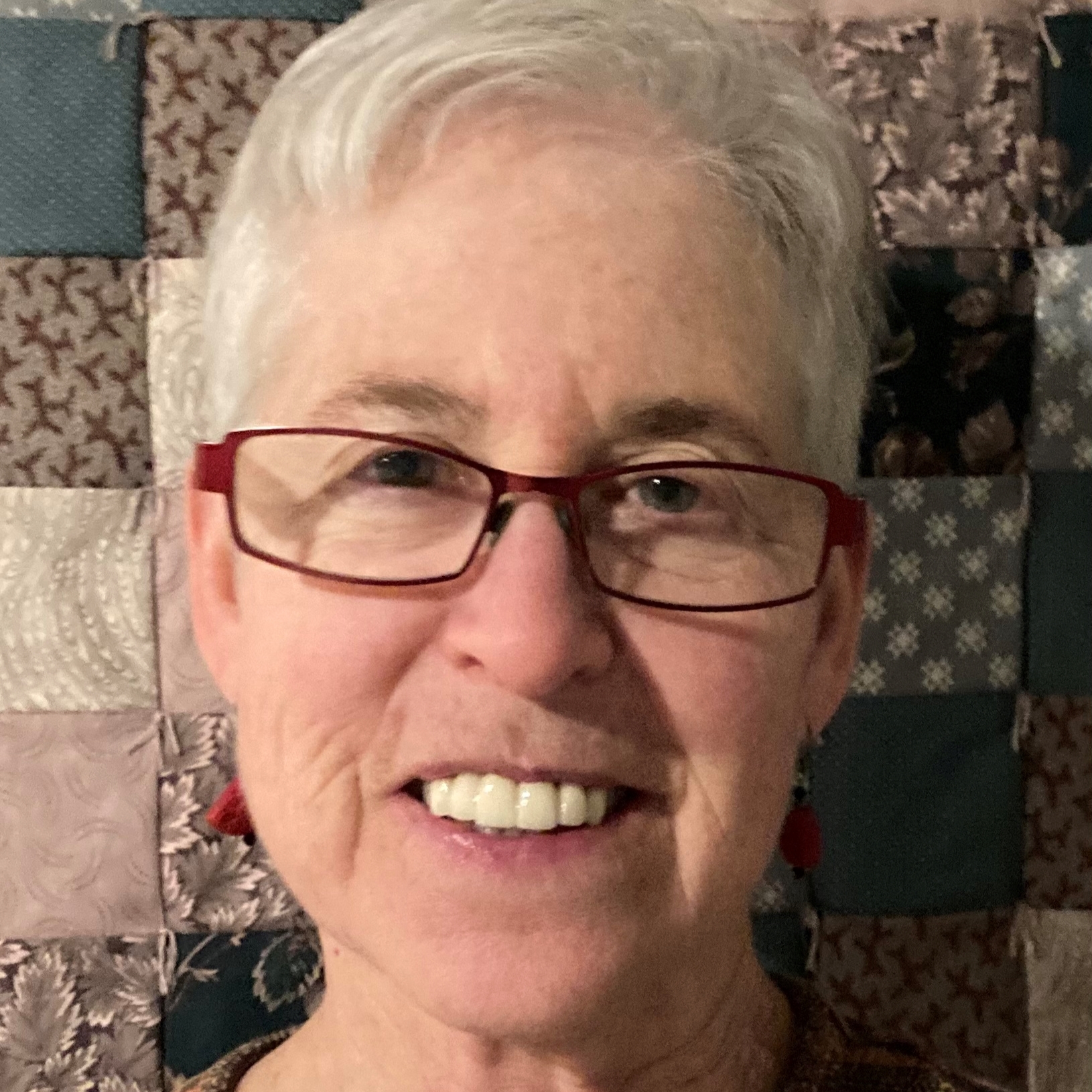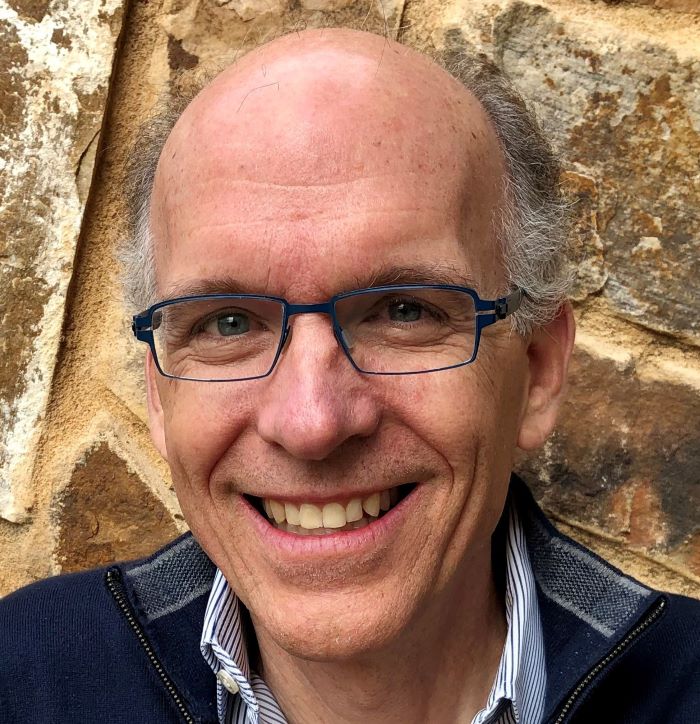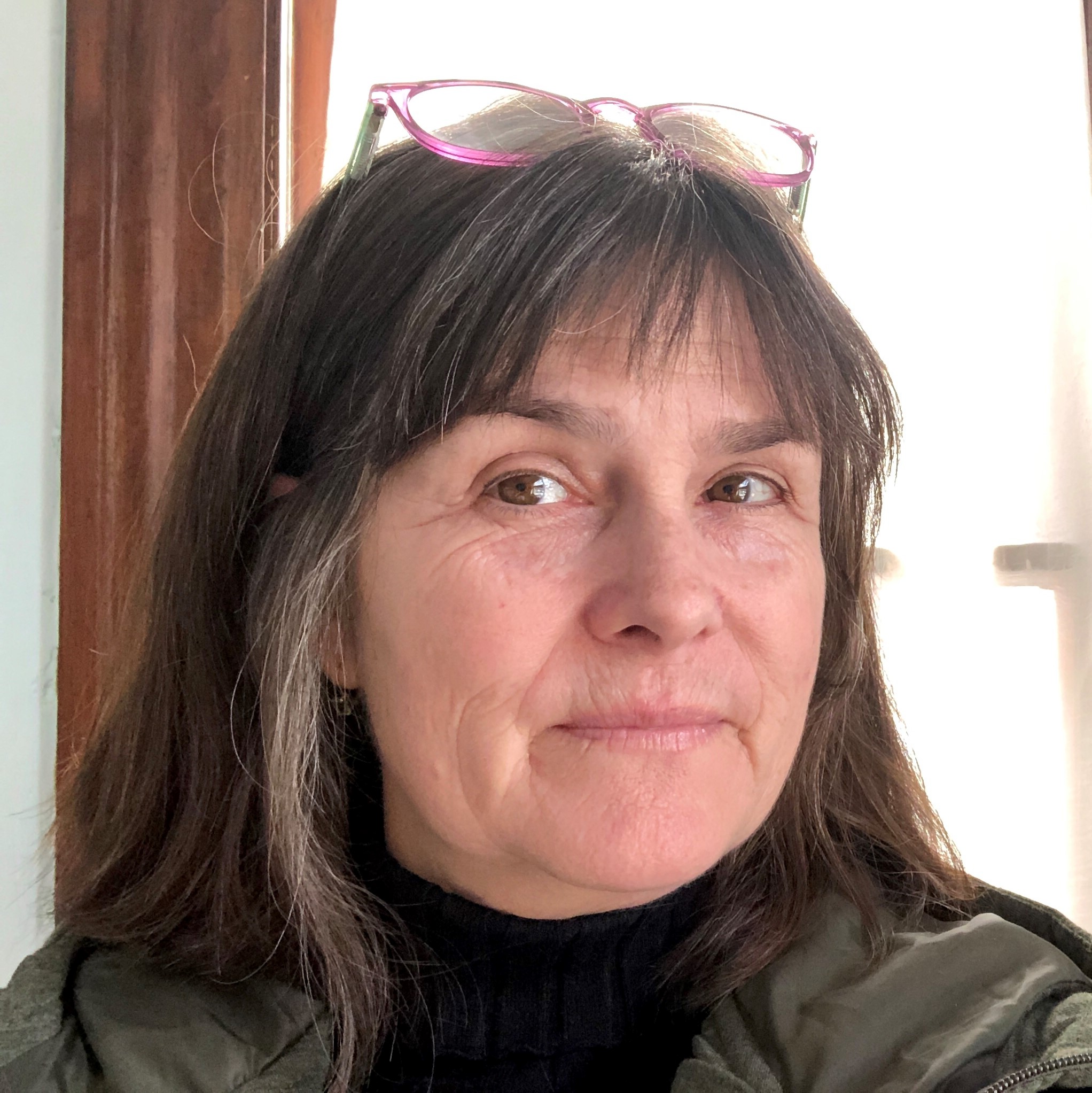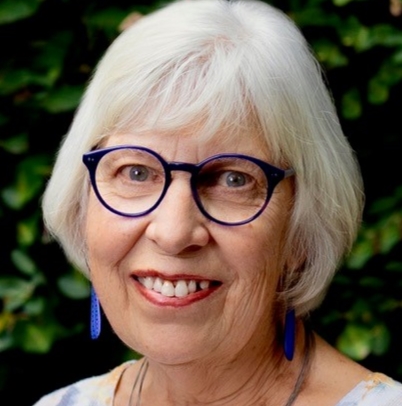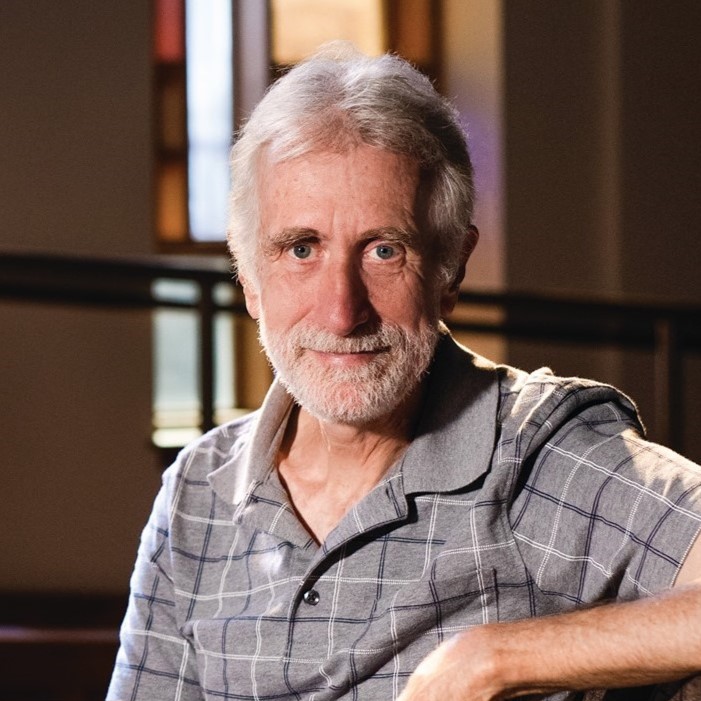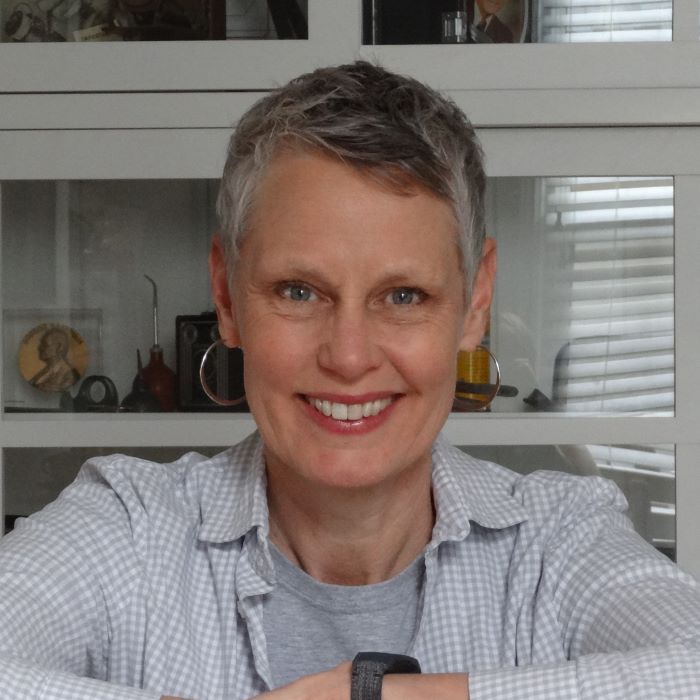reparations circle denver
Reparations Circle Denver's mission reflects the views of an increasing number of Americans of European descent who recognize that their wealth can be traced back to the U.S. history of the enslavement of Africans or financial advantages accrued over generations at the expense of Black Americans. We seek to build a community of contributors and a pool of funds dedicated to the strengthening, creation or re-establishment of institutions, religions, languages, and traditions within and beyond the Denver metro area Black Community.
founders
Julie Meyers
Founding Donor
“The more I learn about reparations, the more I am convinced that they are necessary and need to be widespread. Those of us who grew up with advantages because of the color of our skin cannot in good conscience continue to enjoy those advantages without working to repair the harm that was done to those whose bodies and spirits we crushed. That is why I am committed to educating others like me to understand that this work does not just belong to those who have ancestors who owned slaves, but to all of us."
– Julie Meyers
Tad Kelly
Founding Donor
In October of 2019, I first became aware that an ancestor of mine and his family had enslaved a significant number of Africans on a large plantation in Clay County, MO in the mid-1850s. It was a moment that I will never forget and my journey in the reparations movement began. I knew that I had - and still have - much to learn. So, I began the process of educating myself with a series of readings, seminars and conversations to better understand the history of our nation’s struggle with race. As Cornell West said, “You can’t move forward until you look back.” The time has come for us to look back and then to take forward action.
- Tad Kelly
Lotte Lieb Dula
Founding Donor
“While sorting through boxes of family ephemera after my mother died, I happened to find a dusty, old business ledger. Paging through it, I made a sobering discovery – the book contained an inventory listing the names and values of Africans my 2nd great-grandfather had enslaved on plantations in Mississippi. After the shock wore off, I became clear: my family would join the burgeoning reparations movement and work toward both co-liberation and the healing of the many harms white families have inflicted on Black families over 400 years. I am honored to join with the Denver Black Reparations Council in support of reparative efforts in the Black community here.”
- Lotte Lieb Dula
Betty Kuehner
Founding Donor
"I came to my commitment to reparations through a long process involving personal experiences, readings and a heightened awareness of racial injustices after the death/murder of George Floyd. My education in the atrocities of systemic racism began much earlier, during the civil rights movement in the 60s (marching from Selma) but the acknowledging of my white privilege took a lot longer. I grew up in a “sundown” town, a fact that escaped me well into my adult years. Critical to my re-awakening, now, is the need to repair the harm of the many injustices African-Americans have endured for 400 years. One of the most important ways to do this is through reparations."
– Betty Kuehner
emeritus members
David Alley
Founding Donor
“The seed of my work with reparations was planted on a weekend Buddhist retreat with Ruth King, a meditation teacher and author of the book Mindful of Race. She introduced me to the concept of white privilege, which led to reflect on how it could be used in a meaningful way. I continued to explore and better understand my privilege with the help of a Racial Justice workshop facilitated by Rev. Tawana Davis and Rev. Dr. Dawn Riley Duval of Soul 2 Soul Sisters. They suggested: come up with an individual work plan and I wrote: ‘I know my ancestors owned slaves; I need to be involved in reparations.”
- David Alley
Kathryn White
Founding Donor
“When you’ve studied history—when you’ve begun to understand how racism has operated in this country over generations—it becomes imperative to stand your own family story up against the backdrop of what you’ve learned. My parents ascended into the middle class during a time when the G.I. Bill combined with redlining to create extraordinary economic opportunity for Americans of European descent. As I reckon with the history of systems that advantaged my family, while leaving others behind, I am morally compelled to invest in reparations and repair. To do this in community and through collaboration feels in itself to be an important step toward justice.”
– Kathryn White

